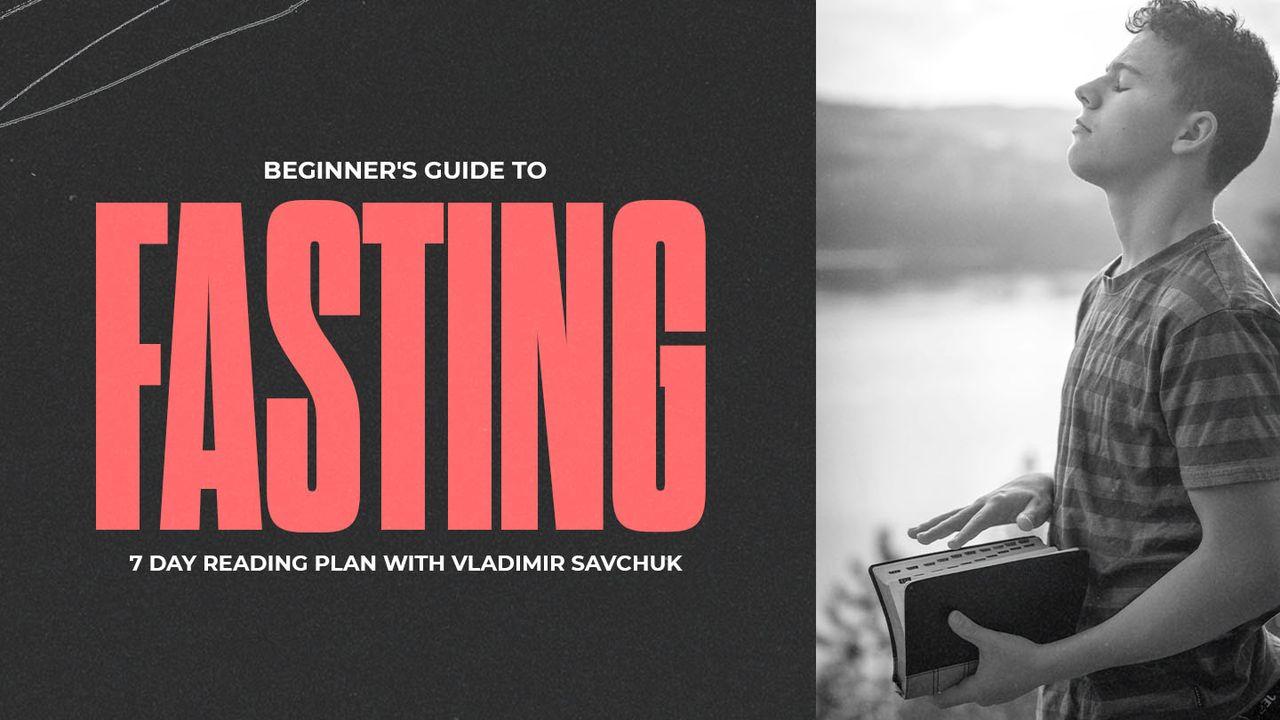Beginner's Guide to FastingSample

Learning how to end a fast is just as important as starting a fast. When it is ended too abruptly and solids are introduced too quickly, it can be very harmful to your body.
The most important thing to remember is not to overeat. We all look forward to the end of a fast when the restrictions on our food are lifted. Although it can be an exciting time, it can also be dangerous – especially if you do an extended fast.
This next point does not apply as much if you did a partial fast, but it’s good to note if you ever decide to start an extended fast. Make sure to exit your fast with liquids (juice, tea, soup, etc.) for a few days, and gradually begin to introduce solids back into your meals. You can do so by eating smaller portions or snacking at various times. After so many days of not eating, your stomach “shrinks” and seems to get full much faster than before with smaller-sized portions. To ensure a successful end to your fast, introduce solids gradually.
Today’s Prayer:
Father, thank You because I know something happens in the spirit realm due to fasting. I pray that fasting becomes a regular part of my lifestyle. Grant me grace as I fast.
Want to know the Holy Spirit more? Check out my new book called "Host the Holy Ghost."
Scripture
About this Plan

The practice of fasting is prevalent in the Scriptures. We see throughout the Bible this concept was practiced by kings, prophets, and all of God’s people to this day. As you fast, you’ll notice it will help increase your humility, your hunger, and your holiness as you are formed into the image of Christ.
More
Related plans

The Creator’s Authority: 5 Steps to a Fearless Creative Life

Who Is Jesus? 7 Days in the 'I Am' Statements

The Power of Words

Why You Feel Broke and Why Scrolling Makes You Poor

Savor God’s Word: 3 Days of Lectio Divina

Prayer - Empowered to Go

Contending for the Faith in a Compromised World

Pray for Texas Flooding Survivors

Sleep in His Presence: Nightime Devotional for Moms
